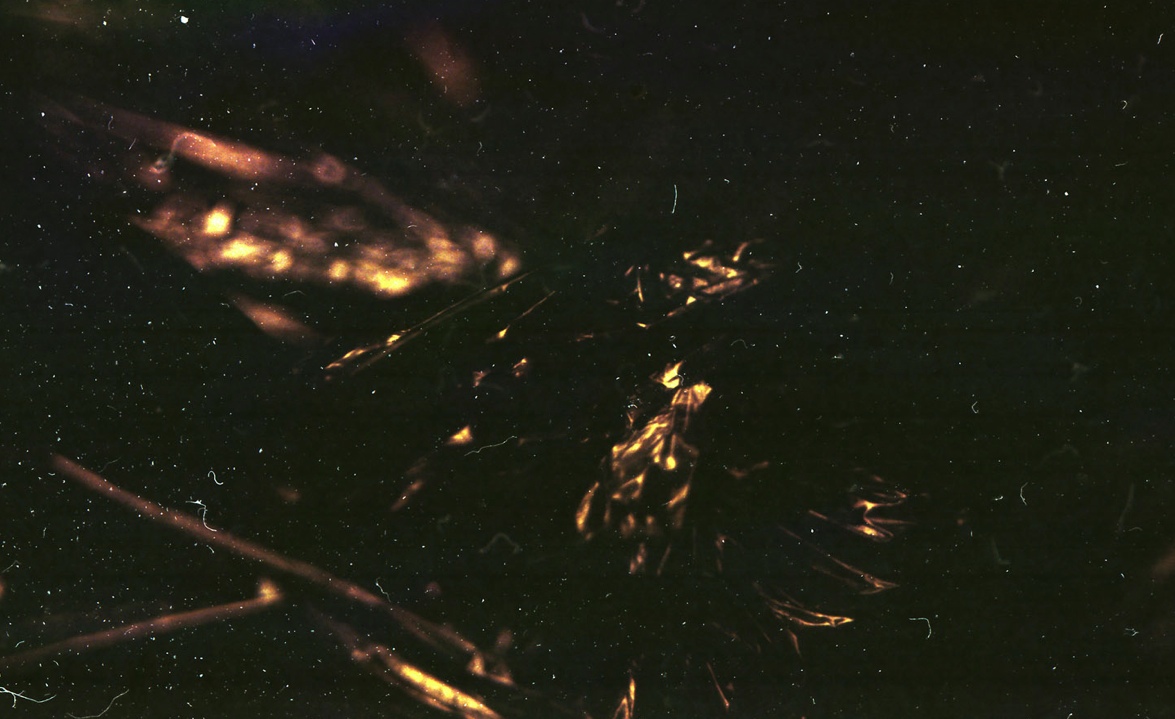A globular form is running across the street, waddling in between the lanes rather more dexterously than I might expect. He’s anxious to hop on board before the light turns green. As a bus driver, you see more than your share of accidents and injuries, and the urge to chastise such recklessness is strong. Once a wheelchair-bound woman jaywalked– make that jay-rolled– right in front of me, forcing a shuddering slam on the brakes. Out of concern for people, but also out of a deep-seated fear I have of accidentally killing someone, not to mention being fired, your adrenaline takes over, sometimes in the form of a too-strong tirade against the passenger. When you’ve seen people get killed, it’s terrifying to see someone almost get killed.
When the woman made it to the bus and as I lifted her wheelchair aboard, I said, “you know what I’m thinking, right?”
“Yeah,” she said, chagrined.
“That was not smart. I’m sure you’ve got your reasons, so that’s all I’m gonna say.”
That’s my version of a raging tirade. Tonight I decide to hold my tongue for the shadowy ovular figure now boarding. I’m not the world’s grandmother, after all.
“Hey, perfect timing,” I say instead.
“Whoo-ee,” he breathes. “Din’t think I was gon’ make it!”
“It was meant to be! Hey, you still got it!”
“I’m tryin’!” He laughs, sitting near the front and noticing a woman seated across the aisle. They know each other. One of my favorite things about the 7 is the sense of connectedness within its various bodies of passengers, particularly in the east Asian, African, and African-American communities. He’s asking after her children.
“She eleven now,” she says, stressing that they’re no longer toddlers.
“Wow, tha’ was fast.”
“Yeah, they growin’ up in a hurry. My boy, he’s seventeen. Taller than me!”
They carry on, talking the past into being, giving it shape and resonance, becoming more friendly by the minute. Another of my favorite things is to kickstart a conversation on the bus and then drift out of it, listening as it grows on it own.
“I don’t think I’ll get married,” she’s saying, as I smile in silent assent. “I’m fine. If you don’t marry ’em, then they wanna stay with you!”
“Ha, yeah, funny how that work!”
“Yeah, they know they could still lose you, so they gotta keep they act together! And if they don’t, well shoot, you’re free to jus’ up and walk!”
I listen as they chuckle together, kneading the night into a warm and easy space. Their conversation drifts to children again, now to jobs and housing. I’m struck by her homespun wisdom and evenness of character, which is especially apparent as she discusses child-rearing.
“Got good people on this bus!” I say to him, after she’s left.
“Yeah?”
“She sounded like a good soul.”
“Yeah, she’s been that way her whole life. Happy, no stress, take it as it comes through thick and thin.”
“I admire that.”
“What?”
“Oh, I look up to that. Takes some skill.”
“Yeah, havin’ a good attitude just changes things, you know?”
“Makes it easier for everyone.”
“Well, it’s nice for other people, but it’s really good for you!”
“Exactly, it makes our life easier! Selfishly, it’s still a good, worth the,”
“It takes more energy to be angry than to be happy.”
“So much more!”
During this, an elderly Chinese woman with a bouquet had boarded and I’d complimented her flowers, not knowing if she’d understand me. She did. As she’s leaving now, having listened in on us all, she says to me, “your hair looks good that way!”
“Oooh, thank you!”
It feels like a gesture of appreciation for all of it, the pleasantness of this room, and the innate need to return goodness, make the positive come back around. Are we the ones who cause karma to come into being?
The heavyset fellow feels it too. He’s also leaving now, and though there’s a flurry of activity here at 5th and Jackson, he hangs back on the sidewalk, waiting a moment to share something. With the type of radiant, childish enthusiasm that can only be called magical, he says, “I’m gonna start playing the sax again!”
I can see how much it means to him. “Oh, excellent. Good for the soul!”
“Yeah. I haven’t played since the eighties!”
“It’s gonna be beautiful!”
“Anyways.”
I watched him walk into the night, a man newly filled with happiness, that gentle stirring which starts deep inside you, a well-being whose reasons you’d have trouble explaining to others, but which you know, truly and deeply, is there. I live for moments like that.
Nathan Vass is an artist, filmmaker, photographer, and author by day, and a Metro bus driver by night, where his community-building work has been showcased on TED, NPR, The Seattle Times, KING 5 and landed him a spot on Seattle Magazine’s 2018 list of the 35 Most Influential People in Seattle. He has shown in over forty photography shows is also the director of nine films, six of which have shown at festivals, and one of which premiered at Henry Art Gallery. His book, The Lines That Make Us, is a Seattle bestseller and 2019 WA State Book Awards finalist.



